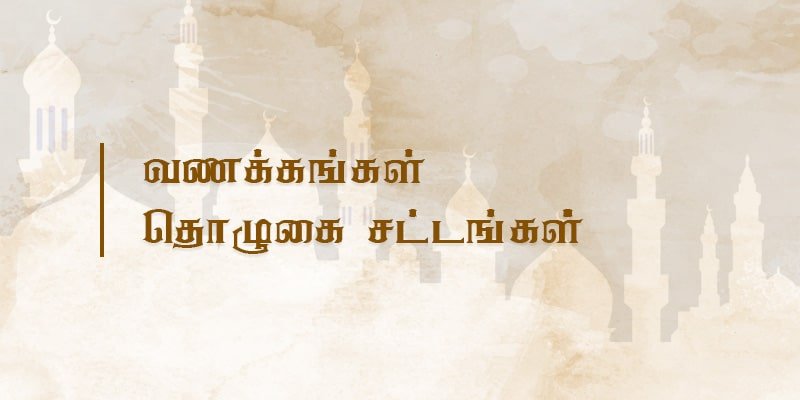237. Obeying Non-Muslim ruler
Prophet Yusuf is holding a ministerial post in the government of a country. He, only to hold back his brother to live him made use of the law of his father’s (Prophet Yaqub) country, and in the rest of the matters he followed the law of the land says verses 12:74-76.
Prophet Yusuf was a minister in the government in Egypt. He is incharge of carrying out his responsibilities as a minister in the government. Though laws revealed by God to his father were there, in their country, he made use of the laws of the land in Egypt in all matters.
This verse conveys the message, if the laws of land were to be implemented in his brother’s case, he knew that he cannot retain his brother with him, is the reason he made use of the laws of his native country.
Prophet Yusuf asks his brothers about the punishment handed for theft in their country, they reply by saying the punishment is to hold the accused in custody of the government.Hence he holds back his brother based on the law spelt out by the brother.
This could be understood from the words “As per the law of the land where he is a minister, he is not authorised to hold back the accused”.
Moreover, in order to keep back his brother with him, he implemented the law of his father’s (Prophet Yaqoob) regime in this case and laws of the land in rest of the matters.
These verses bear testimony to prove that in countries where there is a non-muslim government except in the case of religion and ways of worshipping, in all other matters we are bound by the laws of the concerned governments.
All the verses that say about implementing divine laws mention it to be done only on acheiving the required power. Hence this verse should not be seen as contradicting.
In non Islamic countries, muslims face a situation where they are bound by the laws of the land. They serve as officials of the government or as workers, where they cannot implement Islamic laws but to work under the law of the land.
For example a Muslim judge cannot issue a verdict to severe the hand of the thief , but to follow the law of the land.
Whether this can be considered as a crime in the eyes of Islam? No is the answer. Allah will question only when there is Islamic rule and when such rules are violated. It is not a crime to follow laws of the land of non-Islamic countries.
We can find the basis for this in the above verse.
Please refer to explanation point 234.
237. Obeying Non-Muslim ruler
Typography
- Smaller Small Medium Big Bigger
- Default Meera Catamaran Pavana
- Reading Mode













